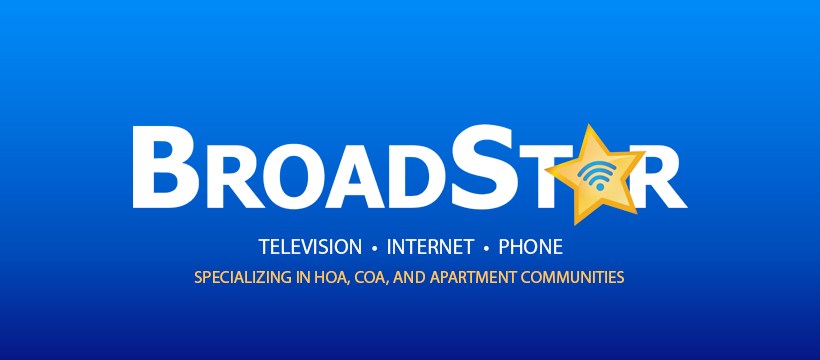Protecting Multi-Dwelling Unit Internet Traffic Via Strong Cryptographic Protocols for Safeguard End-User Confidentiality and Data Accuracy
Protecting Multi-Dwelling Unit Internet Traffic Via Strong Cryptographic Protocols for Safeguard End-User Confidentiality and Data Accuracy
Blog Article
In today’s online world, securing web traffic is increasingly important than ever, particularly in Multi-Unit Buildings (MDUs) like apartment complexes and condominiums settings. These settings frequently have many residents utilizing the same web connection, which can result to possible safety threats. To ensure that residents' privacy and information integrity are protected, it is vital to implement strong encryption standards. Encryption is a technique that scrambles information, making it unreadable to individuals who do not have the correct key to decrypt it. This process aids maintain personal information secure from hackers and unapproved users.
One of the most commonly used encryption protocols is SSL Socket Layer (SSL) and its replacement, TLS Security (TLS). These protocols create a protected connection between a resident's device and the web, guaranteeing that any data exchanged remains confidential. When tenants in an MDU use websites that employ SSL/TLS, their private data, such as login credentials and payment card details, is secured. This implies that even if someone attempts to capture the information, they would only see a jumble of characters and digits, rendering it nearly unfeasible to comprehend. By promoting the use of these standards, MDUs can greatly enhance the security of their residents' online actions.
A further crucial encryption method is Virtual Secure Tunnel (VPN) solutions. A VPN creates a protected pathway for internet traffic, which safeguards users from invasive observers, especially when using shared Wi-Fi networks. In an MDU, in which numerous tenants may link to the same service, employing a VPN can assist ensure that individual internet activities remain confidential. This is especially crucial for tasks including internet transactions or accessing sensitive information. By encouraging the use of VPNs among tenants, MDUs can cultivate a safer online environment and help protect against data leaks.
Alongside these coding techniques, it is vital for MDUs to educate their tenants about the significance of cybersecurity. Many individuals may not be conscious of the threats associated with utilizing common internet connections. Offering information on how to identify discover here scam efforts, the importance of robust credentials, and the benefits of using secure sites can empower residents to take charge of their internet safety. Workshops or informational sessions can be effective ways to increase knowledge and promote best practices for online safety.
Finally, MDUs should consider collaborating with web service providers (ISPs) that emphasize safety and offer enhanced coding options. By partnering with ISPs that implement strong coding standards, MDUs can ensure that their tenants have availability to protected internet connections. This partnership can lead to enhanced general security for the whole building, as well as enhanced trust among residents. By taking these measures, MDUs can establish a more secure internet environment, protecting resident privacy and information security in an increasingly interconnected environment.